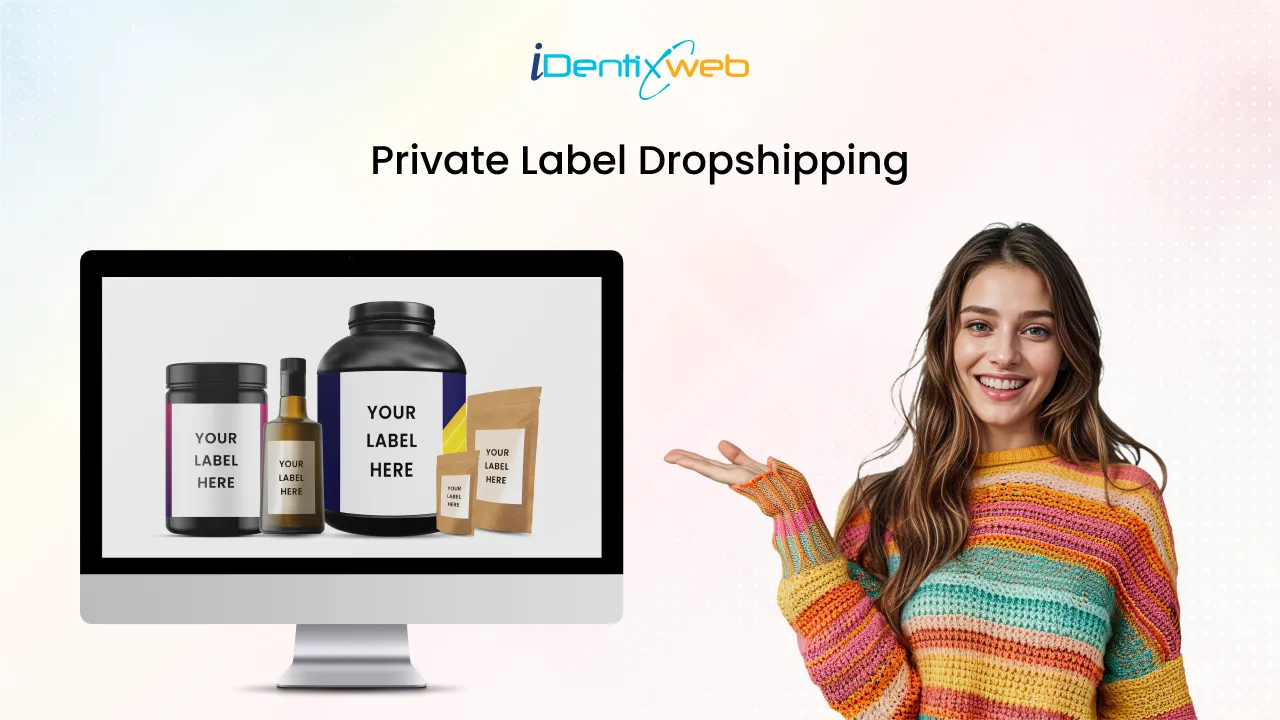
Have you ever imagined launching your own brand, setting yourself apart, and leading the market with exclusive products? Welcome to the world of private label dropshipping, where your business dreams can turn into reality.
This article will provide an overview of private label dropshipping, its pros and cons, and how to get started. It will also provide a detailed list of the best private-label dropshipping suppliers.
What is Private Label Dropshipping?
Private label dropshipping is a business model allowing you to sell products created by a supplier under your brand name and logo. The supplier handles the storage and shipping of the products directly to your customers. This approach enables you to launch your store without needing upfront inventory costs while creating a unique brand.
Examples of products that are ideal for private label dropshipping:
- Everyday essentials: Custom-branded water bottles and smartphone cases
- Handcrafted goods: Arts products like candles, jewellery, and soaps
- Personalized gifts: Unique mugs, t-shirts, or items with custom designs and messages
- Pet products: Popular pet toys, treats, food, and accessories with your brand’s touch
Best Private Label Dropshipping Suppliers
Partnering with high-quality suppliers is essential for building a reliable and successful brand. Selecting the right suppliers ensures that you consistently deliver value, maintain product quality, and earn the trust of your customers.
Here are the selection of top-tier suppliers:
Alibaba
The world’s largest online marketplace links you with manufacturers, mainly from China, so products may not be made locally. To get started, just create a free account and search for the products you want.
Key Features:
- It offers a variety of products.
- It is ideal for buying large quantities at wholesale prices.
- Many suppliers offer product customization to meet specific branding or design needs.
- Ships to many countries worldwide, though delivery times vary based on location.
- Supports multiple payment methods, including PayPal, credit cards, and wire transfers.
AliExpress
A well-known platform with millions of products from suppliers around the world. Many suppliers offer private labelling options, letting you customize products like clothing, electronics, and accessories with your own brand.
Key Features:
- It allows you to customize products with your own logo and packaging, allowing you to build your unique brand.
- It is known for offering competitively priced products, allowing you to set higher profit margins when reselling under your brand.
- It provides worldwide shipping, allowing you to reach customers across different countries.
- Many suppliers do not require bulk orders, so you can test new products with low risk before committing to large quantities.
AutoDS
All-in-one dropshipping platform designed to streamline and automate your ecommerce business. It simplifies product sourcing and connects you with exclusive suppliers and Print on Demand services.
Key Features:
- It is easy to collaborate with trusted dropshipping suppliers to offer unique branded products.
- It can help you discover top-selling and trending items to add to your store.
- This allows you to add products to your store with just a few clicks.
- Also, it provides automatic updates for prices and inventory.
- It can offer automatic price adjustments to maximize profits and stay competitive.
Hawthorn
Hawthorn, a premier private-label clothing supplier based in the UK, is recognized for producing top-tier garments. As one of the greatest manufacturers in the industry, Hawthorn focuses on delivering high quality.
Key Features:
- Each item is made from top quality materials, offering strength and luxury.
- It helps brands create custom apparel by letting them choose fabrics, colors, and branding details like logos, all customized to their vision.
- Each item undergoes a strict quality check to ensure it meets high standards.
How to Start Private Label Dropshipping in 2025
Now it’s time to discover how to start this business with 6 easy steps.
Choose The Right Niche
Choosing a niche and focusing on a specific customer group is important for making your brand stand out.
Here are steps to help you define your niche and assess the market:
1. Analyze industry trends, growth rates, and the overall market size to ensure enough product demand. Tools like Semrush can assist with this.
2. To customize your branding, understand the demographics of your niche, including age, gender, income, and interests.
3. Know what motivates your customers to buy and how often they purchase. This will guide your marketing and pricing strategies.
4. Use spy tools like Similarweb to identify leading brands in your niche. Analyze their strengths and weaknesses to find market gaps your business can fill.
Once you have a clear niche and product range, you can move on to the next steps in launching your business.
Find Reliable Private Label Dropshippng Suppliers
Finding the right suppliers is important for the success of your dropshipping business. They manage logistics, customer deliveries, and product supply.
How to Find Reliable Suppliers:
1. Explore Doba, SaleHoo, AliDropship, and Wholesale2B. Printful and Printify. These are great for custom print-on-demand products.
2. To avoid scams, verify the supplier’s client list and request their business license. Also, look for customer reviews to assess service quality.
3. Determine if there are minimum order requirements. Typically, buying in bulk reduces costs.
4. Place a sample order to evaluate product quality and packaging. Comparing similar items from different suppliers can help you make informed decisions.
5. Check how long it takes the supplier to process and deliver orders. Choose one that effectively manages returns.
Create Your Designs
Building a strong brand identity is required to stand out in competitive dropshipping. Like direct-to-consumer brands, private-label brands focus on offering unique products and building a trusted relationship with customers.
1. Craft a brand voice, logo, and color scheme that reflect your business’s personality and connect with your target audience.
2. Tools like Hatchful and Canva are great for design creation and branding. They offer easy-to-use templates that let you quickly create professional-looking visuals.
Ensure your brand message and values are clear and consistent across every platform, from your website and social media profiles to product packaging and shipping materials. This consistency helps increase brand recognition and builds customer loyalty.
Create Your Dropshipping Store
Creating your own e-commerce store is important for building a successful business. While you can sell on platforms like Facebook Marketplace, eBay, or Amazon, having your own store gives you greater control over your brand, customer experience, and overall business operations.
We recommend using Shopify to build your store. It offers a user-friendly interface and powerful customization features without the need for coding skills. Shopify’s drag-and-drop editor makes it easy to design a store layout that reflects your brand identity. You can customize everything from fonts and colors to section placements, ensuring your store looks polished and professional.
Develop Marketing Strategy
Your store needs traffic to generate sales, so a solid marketing strategy is important. Start by ensuring your website is easy to navigate, fast-loading, and mobile-friendly.
Strong SEO will help improve your search engine rankings, making it easier for customers to find you. Creating engaging content like blog posts or videos related to your niche can attract more visitors.
Focus on Customer Service
Excellent customer service is key to building a loyal customer base. Offer multiple communication channels such as phone support, email, and live chat, making it easy for customers to get in touch. Continuously collect and act on customer feedback to improve service quality.
Another effective strategy is personalizing the customer experience using their data. Customized emails, personalized product recommendations, and exclusive promotions can make a big difference.
Private Label Dropshipping: Pros & Cons
It offers many advantages but also challenges to consider. Here’s a clear breakdown of the pros and cons:
Pros
- Branding products with your unique label helps build a loyal customer base, encouraging repeat purchases.
- Labeling products with your own brand sets your business apart, making it easier to stand out from the competition.
- Control over product design and packaging lets you customize items to match your brand’s identity perfectly.
- Setting your own prices can achieve higher profit margins than selling generic dropshipping products.
Cons
- Finding suppliers who offer private label services and meet your specific requirements can be difficult.
- Many private label suppliers require a minimum order, which can be costly for testing new products.
- Customizing products and packaging may result in longer production and shipping times.
- Branding, packaging, and meeting MOQs require more initial investment than standard dropshipping.
- Ecommerce vs Dropshipping: Which is More Profitable?
- Dropshipping VS. Print on Demand: Which is The Best for Your Business
- Successful Print on Demand Store Examples
Wrapping Up
Private label dropshipping reduces upfront costs compared to traditional inventory stocking, but due to customization fees, it may not be as affordable as generic dropshipping.
This dropshipping model offers a great chance to create a successful brand but requires careful research and planning. By selecting the right products, partnering with reliable suppliers, and investing time in marketing, you can establish a unique brand that resonates with customers.
With dedication and a clear plan, your private label dropshipping business can thrive in today’s competitive market.
Also interested in Print on Demand (POD)? Read these blogs:
FAQs
1) How to Dropship Private Label?
First, find a supplier that offers private labeling. Then, select the products you want to customize, add your branding, and list them on your online store.
2) Is Private Label Dropshipping Profitable?
It can be highly profitable. This model allows you to sell customized, branded products without the upfront costs of managing inventory.
3) How do I get private suppliers for dropshipping?
Find reputable platforms like Autods, Alibaba or Salehoo that connect you with suppliers and offer private labeling. You can also reach out directly to the manufacturer.
4) Is it Legal To private label dropshipping supplements?
Dropshipping private label supplements is legal and widely practiced in the e-commerce industry.








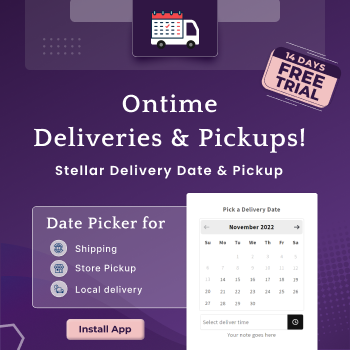
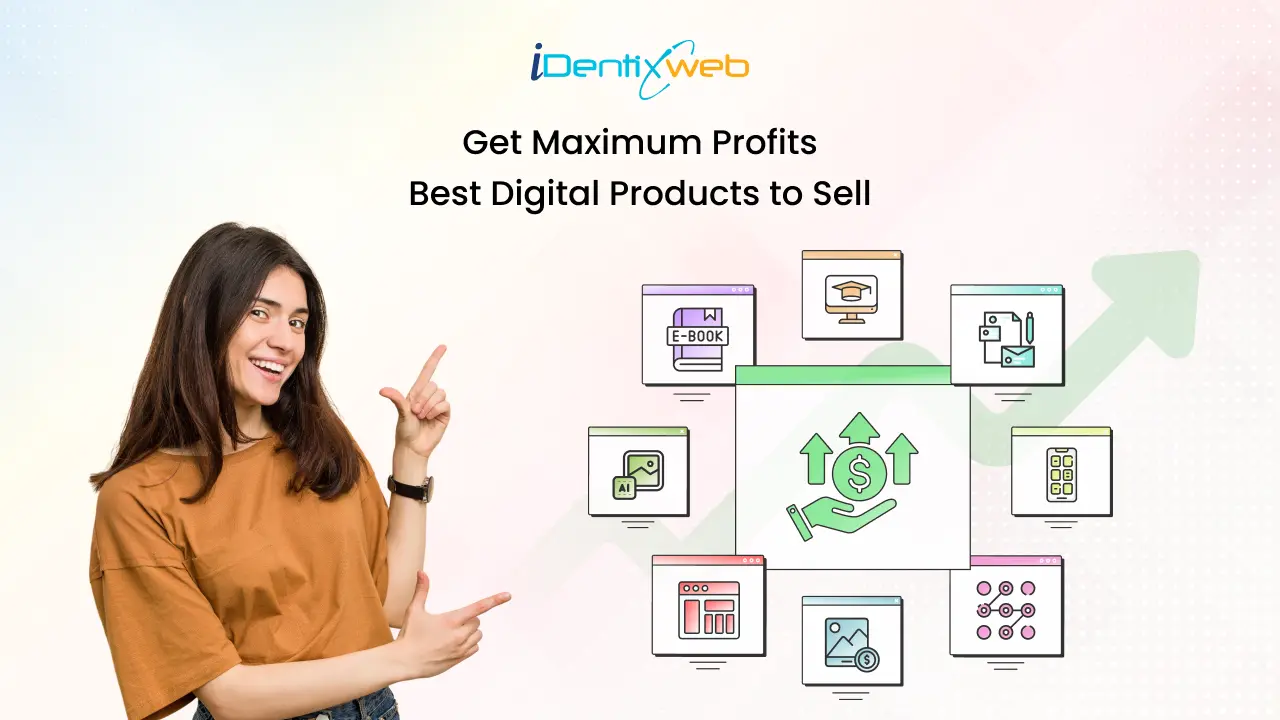
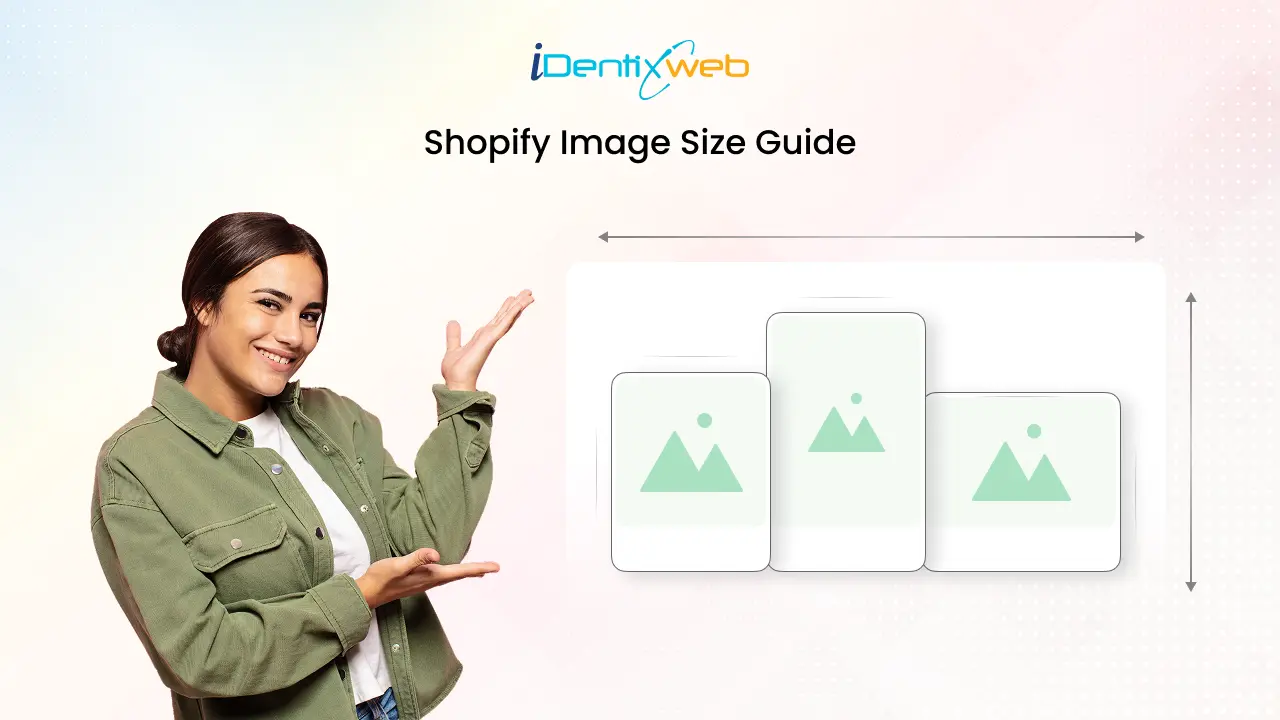
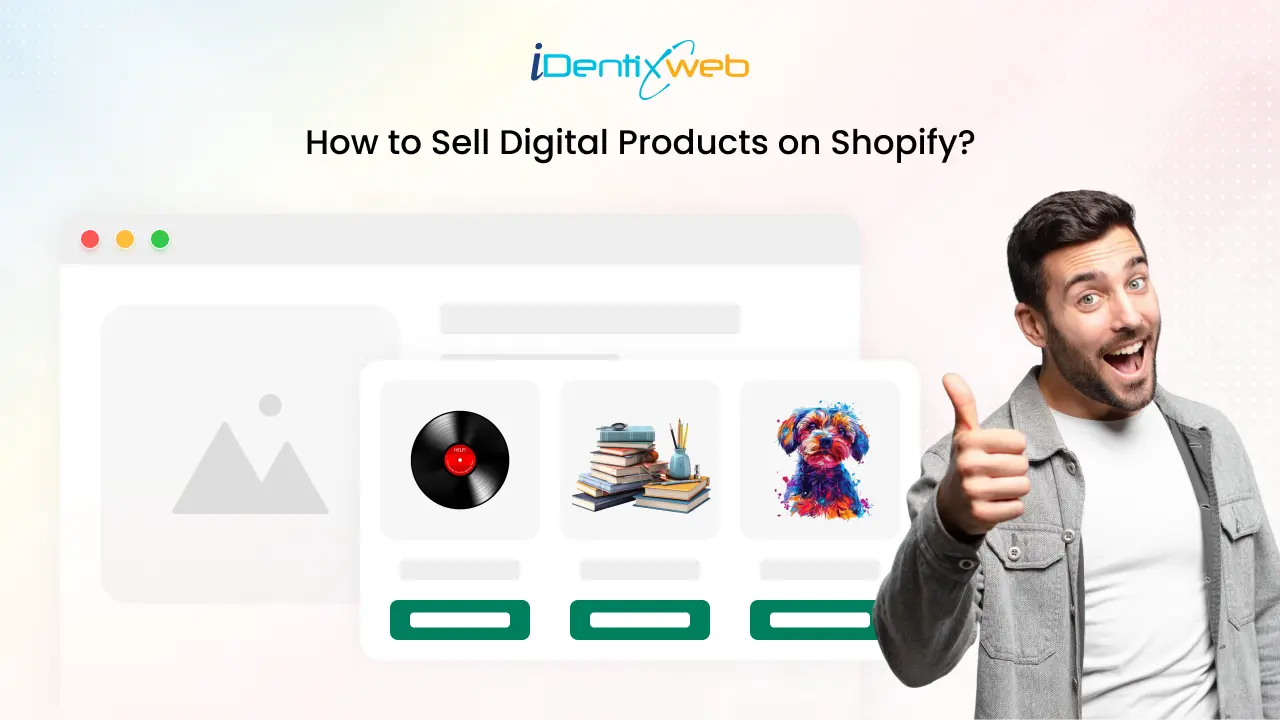
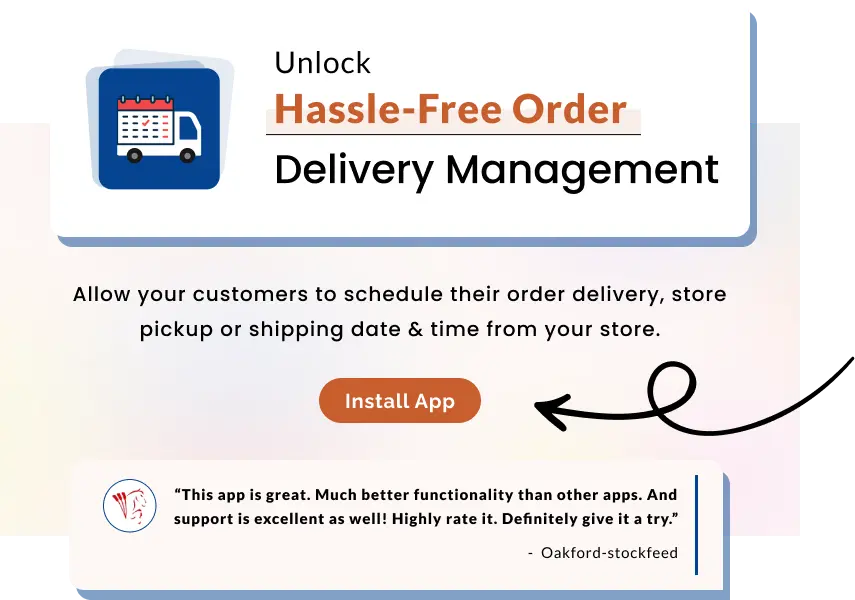
About the author
Bhavesha Ghatode
Explore Content with Bhavesha, a passionate and dedicated technical content writer with a keen understanding of e-commerce trends. She is committed to sharing valuable insights, practical assets, and the latest trends that can help businesses thrive in a competitive environment.